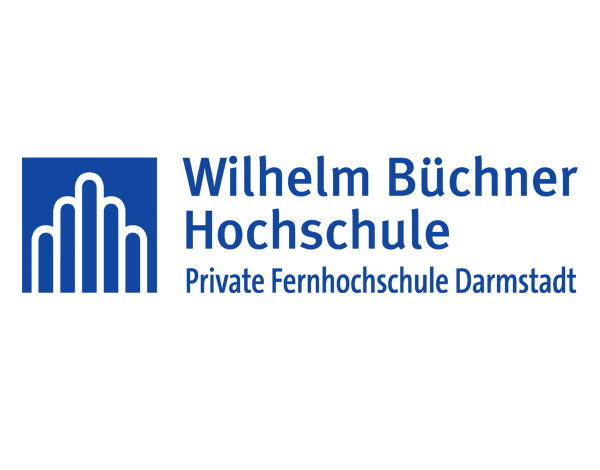Wilhelm Büchner University of Applied Sciences

Wilhelm Büchner University of Applied Sciences
About Wilhelm Büchner University of Applied Sciences
Darmstadt’s Wilhelm Büchner University of Applied Sciences is Germany’s largest private university for technology, with over 6,000 students. A year after it was founded in 1996, more than 300 students enrolled in the inaugural computer science course. With over 20 years of expertise and a personalized, flexible course design, it offers professionals in particular the optimal road to a university degree. Currently, 5% of international students are enrolled.
Image of University

Overall Ranking
The university should still be ranked on any of the recognized websites.
Courses Offered for International Students
For international students, the university offers a variety of Bachelor’s, Master’s, and Nanodegree programs, including:
- Sustainability Management (MBA)
- Industrial engineering (for engineers)
- Electrical and Computer Engineering
- Mechanical engineering
- Applied Computer Science
- Chemical process engineering
- Industrial engineering production
- Technical computer Science
- Mechatronics
Scholarship and Financial Aid
No information about this is given on University’s portal. In case of any update, data will be updated here as well.
Internships near Wilhelm Büchner University of Applied Sciences
Students are not provided with internship possibilities at the university. Students plan their own internships from college or from outside the university based on their interests. Students can also use the internet to apply for internships with firms such as Moyyn, Abbott Laboratories, and Healy World.
Jobs near Wilhelm Büchner University of Applied Sciences
A part-time job is crucial for international students studying abroad. At this university, students are not just provided part-time work. However, firms such as Schön Klinik, Evonik, and Procter & Gamble promote part-time jobs in magazines or on the internet.
Housing and Accommodation
Students at the institution do not have access to housing facilities. In the meanwhile, students can look for (shared) housing outside of campus for no more than €505 per month.
Cost of Living
The university offers a wide range of degrees with tuition fees ranging around €4000 each semester. Furthermore, the cost of living in Darmstadt is roughly €700 per month for students.
[table id=13 /]Places to visit near the University
Darmstadt is a city in southwest Germany near Frankfurt. The art nouveau structures of the Mathildenhöhe area, such as the landmark Wedding Tower, are well-known. Glass, textiles, and jewelry from the Art Nouveau period are on display in the Künstlerkolonie Museum.
- Institut Mathildenhoehe: It was formed around the start of the twentieth century as a colony of artists and architects with forward-thinking notions about the function of art and design in modern society.
- Hessisches Landesmuseum Darmstadt: Located in Darmstadt, Germany, it is a huge interdisciplinary museum. It was formed in 1820 after the royal family of the neighboring princely state, which became the Grand Duchy of Hesse, donated its collections.
- Park Rosenhoehe: A rose by any other name might be found at the historic Park Rosenhoehe, whose Rosarium boasts over 200 different species of roses and is known as the park’s “jewel in the crown.” The park, which opened in 1810, was the brainchild of Grand Duchess Wilhelmine, Grand Duke Ludwig II’s wife.
Wilhelm Büchner University of Applied Sciences prides itself on being a cutting-edge, multidisciplinary technological university. Engineering, computer science, digital media, and technology management are the main focus areas. Because of its great degree of individualization and flexibility, it provides working people in particular with the optimal road to a university degree while continuing to work. The university’s trademarks include high-quality instruction and personal assistance for students at all stages of their studies.

